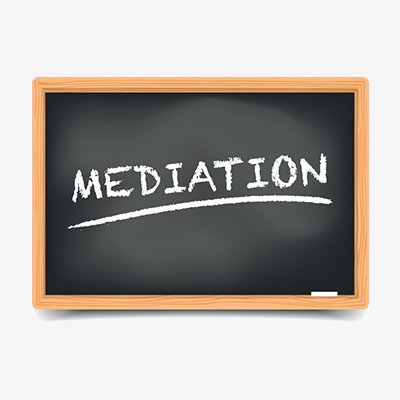Our Services
Custody & Access
One of the foremost concerns when parties separate is the children. The law on custody and access of children in Canada is premised on the idea that the overriding consideration is the best interests of the children. The challenge for courts is to determine what parenting arrangement will be in the best interests of the children in a particular case, and the challenge for parties is to reach an agreement they both believe is best for their children.
Child & Spousal Support
Child support is money that a parent pays to help support his or her child financially after a separation or divorce. Child support is considered the right of the child, though it is almost always paid to the other parent. Claims for child support may be determined under the Divorce Act, if the child's parents were married, or under the Ontario Family Law Act, if the parents were not married.
Equalization of Net Family Property
In Ontario, the Family Law Act governs the division of property upon the breakdown of a marriage. The term “division of property’” is actually a bit of a misnomer. In actual fact, when a marriage ends, spouses are entitled to an “equalization of net family property”. The court does not award a “division of property” in specie, as much as it orders one spouse to make a money payment to the other spouse. The payment that may be owed to one of the spouses in order to effect this sharing of property values on the breakdown of a marriage is called an equalization payment, or an equalization of net family property.
Divorce
A "divorce" is when a court officially ends a marriage. Only legally married couples can divorce. A divorce normally follows a period of separation, when a married couple decides to live apart from each other because the relationship has broken down.
Separation Agreements, Varying/Setting Aside Agreements
If your agreement is no longer fair after your relationship ends, or if you and your partner cannot agree on how to vary the terms of your agreement, you may have to commence a court application to resolve your differences.
Alternative Dispute Resolution/ Mediation/Arbitration
There are alternatives to traditional litigation for resolving legal disputes. Possible methods include negotiation (with or without legal counsel), mediation and arbitration.
Cohabitation Agreements & Marriage Contracts
In Ontario, the Family Law Act allows parties to enter into domestic contracts, which include cohabitation agreements (for parties who are living together or plan to live together and are not married) and marriage contracts (for parties who are or intend to be married).







